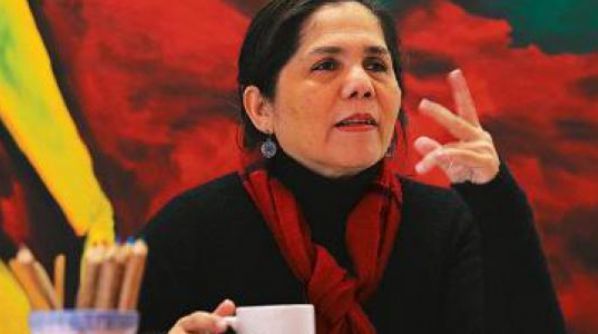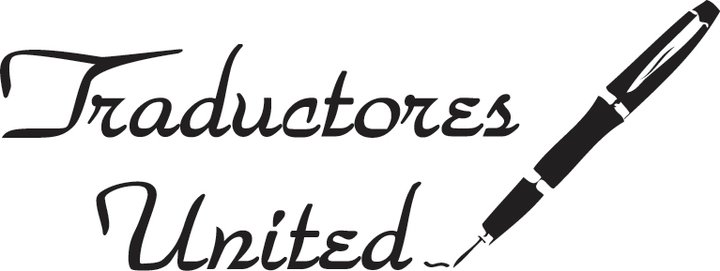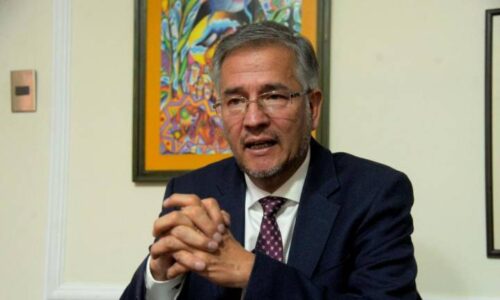

Journalist
6 February 2022
Justice in Bolivia: from crisis to catastrophe
Definitely: what justice is facing today in Bolivia has ceased to be just a crisis (as if it were not enough that it is in a “serious and decisive situation” that “endangers” the very survival of the country), to transform into a true and frightening catastrophe. That is, in an “unfortunate event” that is causing “great destruction and many misfortunes, with serious alteration of the normal development of things.” The inverted commas allude to what crisis and catastrophe expressly mean, according to the RAE. A notable difference that, in the case at hand, illustrates very well the distance between saying that Bolivian justice is in crisis, to affirm, without fear of falling into exaggerations, that what it faces is a catastrophe.
The horror discovered after the capture of Richard Choque Flores, confessed author of a series of crimes committed under cover of impunity granted by judges, prosecutors, lawyers, police officers, and others, supports that qualification: a catastrophe. Not because it is an exceptional, unique case, but rather because it has confirmed that the exception has become the rule, with a long chain of very well-organized actors in what the Minister of Justice himself has described as a mafia. A mafia in which many of those responsible for fighting crime and/or administering justice participated (and undoubtedly still participate), in whose payrolls stand out -in number and in the power of action- those openly identified as operators of the central power.
The Choque case reveals a perverse intertwining between common crimes, including the most serious ones such as those committed by Choque, and those considered political, the latter mostly disguised as crimes against “State security.” All of them were put in the same bag by that judicial and extrajudicial mafia recognized by the Central Government through one of its Ministers. A mafia that has been active since at least 2013, always according to the Minister, although it is difficult to believe that it has not been for more years. A mafia that, however, has been acting not only to do business with the release of confessed psychopaths like Choque, but also to fulfill political favors that translate into the judicialization of politics, in political persecution, of which there are plenty of examples.
Of course, this last part is not present in any of the statements made by the authorities of the Central Government or by the leaders of the ruling party, despite being consubstantial to the underlying problem, referring to the “Rotten Justice” pointed out by more than one voice in Bolivia. A rot that contaminates everything and that is a real threat not only for the thousands of Bolivians who already live first-hand the lacerations caused by these judicial and extrajudicial mafias but also for the millions of Bolivians who, for now, believe they are safe from the clutches of those mobsters. A threat that urgently needs to be curbed, from civil society, articulating actions that are aimed at achieving authentic judicial reform.
Source: https://eldeber.com.bo/opinion/justicia-en-bolivia-de-crisis-a-catastrofe_266430




